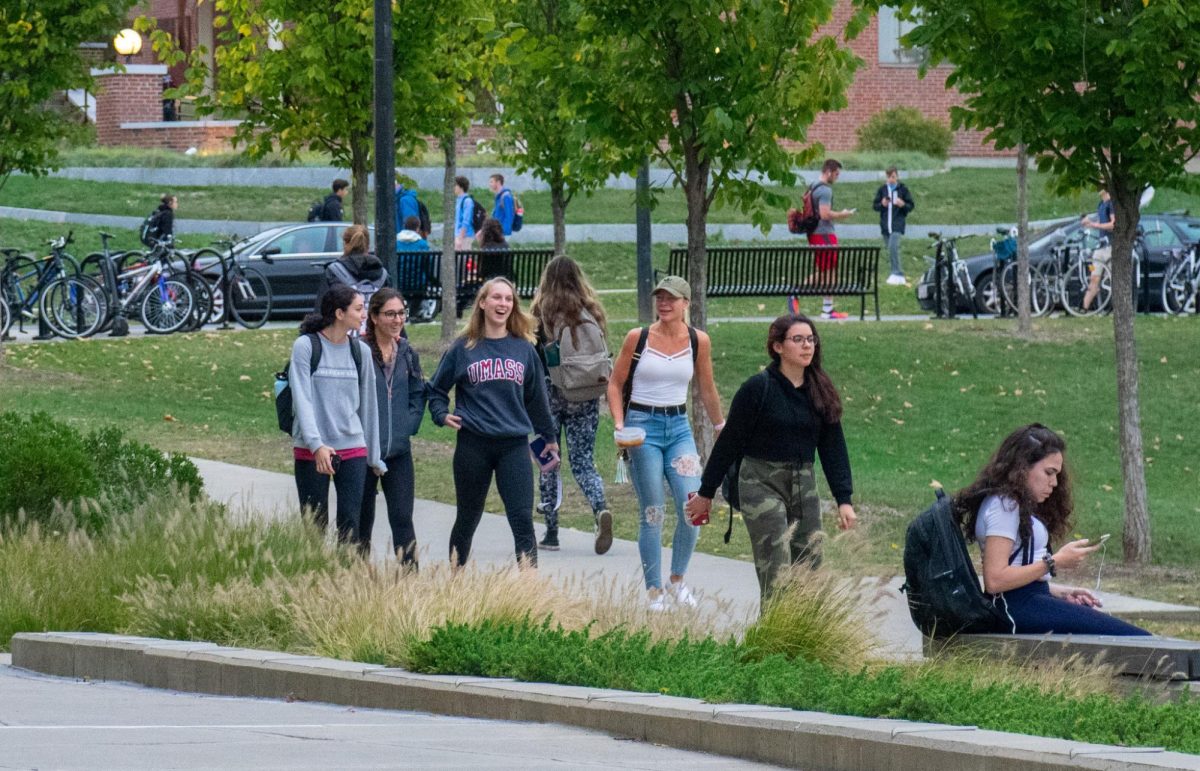Pretend for a minute that you – yes, you – have been selected by the Center for Information and Study on Clinical Research Participation to take part in a survey.
The question is, who of the following makes a greater contribution to mankind: a person who raises money for charity by running in a race; a person who donates an organ; a person who volunteers to participate in a clinical trial; or a person who gives blood?
If I’d been posed that question, I would have probably chosen the organ donor, followed by the blood donor, then the runner, and lastly, the clinical research participant. My answer must be representative of the general population, because similar thinking has more or less been the pattern – and problem – over the years.
Participating in clinical trials or running races for charity are rarely raised onto any sort of pedestal, despite their potential of proving very important to vast numbers of people.
It’s understandable why most everyone ranks organ donor above the other do-gooders. But CISCRP’s February 2008 survey data revealed a more surprising statistic. One thousand people were told to rate how much they admired organ donors, blood donors, and clinical study participants.
When asked whom they admired a great deal, 82 percent chose organ donors and 72 percent selected blood donors, whereas only 29 percent opted for clinical trial participants.
When asked whom they did not admire at all, 11 percent indicated people who volunteered for clinical trials, compared to only three percent for organ donors and two percent for blood donors. Even in this case, with the potential for all three to be admired equally, people didn’t harbor especially praiseworthy views of clinical trial participants.
Participating in clinical trials is significantly easier for people to do than, say, donate an organ, yet gets dismissed for supposedly not measuring up to larger displays of altruism.
I can imagine what typically happens, merely based on my own experiences with research studies at UMass. As a psychology minor, I’ve long known the deal with extra credit for psychology classes. For approximately every half-hour of participation in the department’s research studies, you earn one credit that can boost your class average.
But it wasn’t until this semester, when I stepped out of a psychology exam with a sinking feeling, that I rushed to my computer and in a state of near-panic, began registering for research studies galore.
This behavior mirrors what often happens in regard to clinical studies. It never occurs to people to partake in a study until they are afflicted with some disorder or disease, and it’s only then that they suddenly become desperate to get involved in research.
Unfortunately, it’s because of this failure to participate sans a personal crisis that explains why researchers struggle to complete studies and develop conclusions quickly. Yet, for the majority of studies, there is no good reason not to participate.
The studies that I have completed at UMass revolved largely around my understanding of homophones, preferred characteristics for a psychotherapist or my relationship with my parents.
Those are all pretty simple, right? But I think that many of the more vital health-related studies are even easier. I mean, sitting in front of a computer screen after a long day of classes, trying to decode riddles like: “Some elephants are not animals. All animals are plants. Are some elephants plants?” can start to drive you crazy after a while.
It’s probably much less painful to have your blood pressure read after riding a stationary bicycle for half an hour, have your REM sleep monitored in a laboratory or have a swab of saliva taken from your cheek to measure stress hormone levels.
And while we’re on the topic of dismal participation in deeds that don’t scream “magnanimous,” running races for charity also seems to hold a perpetual spot at the bottom of the list.
There seems to be just as many opportunities to run marathons for charity as to perform in clinical studies. Judging by the amount of joggers around campus who don’t look like they’re going to keel over after a quarter-mile (unlike me), many could easily do a 5K.
Helping isn’t defined only as making grand gestures. Although they may not sound as sacrificial as donating a kidney, other deeds are equally important to mankind. If you’re going to jog five miles anyway, you might as well do it for a good cause.
If you’re going to spend all day watching television and sleeping anyway, you might as well do it in a laboratory where experimenters can monitor the link between television and sleep disorders.
Besides, participating in research studies can be interesting, enlightening and perhaps fun. And even if they aren’t what you consider a source of “fun,” the types of studies for which college students qualify are rarely a negative experience.
They leave you with a sense of having helped someone, whether its a UMass graduate student who needs subjects for her study or the people who benefit from the research findings. In fact, from now on, I’m going to sign up for research studies even when I don’t think that I’ve just bombed an exam.
Katherine Marr is a Collegian columnist. She can be reached at [email protected].






